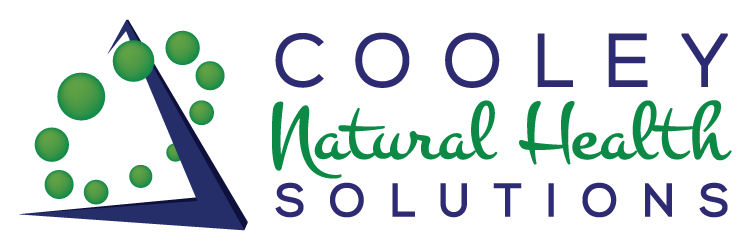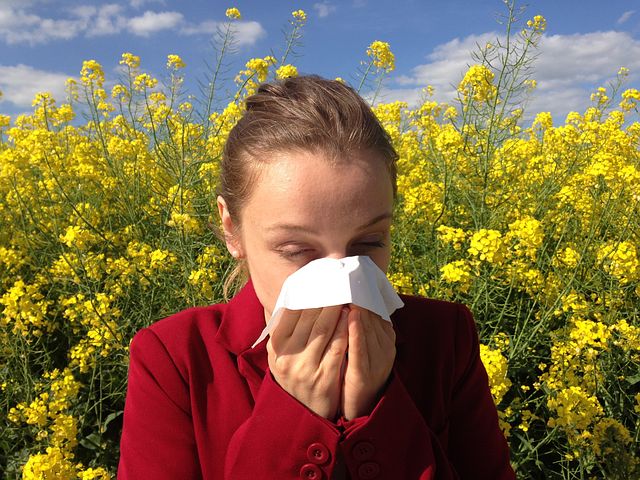Runny nose, blood shot eyes, itching, trouble breathing these are just a few of the symptoms that can occur from seasonal allergies. This time of year can be extremely difficult for many people. The sun is out, they want to get outside but they can’t enjoy themselves because their symptoms just run rampant.
People take so much Claritin, Zyrtec, or other anti-histamines that you would think that they would be considered as vital as water. While these medications can be very helpful, often allergy sufferers need to address other areas of their health in order to completely enjoy the outdoors. The following article addresses the other factors that are implicated in the seasonal allergy puzzle.
Adrenal Function
Adrenal function and allergies go hand in hand. Your adrenals are involved in many different aspects of health but most notably they will produce cortisol and adrenaline. Cortisol is the stress hormone, meaning that it is released during times of stress. Cortisol is also a potent anti-histamine, if anyone has gotten steroids for an allergic reaction they have witnessed the power of this hormone in action. Therefore, one of the key ways to keep histamine levels in check is to optimize the health of your adrenal glands. This may require you to consume less coffee or sugar, or it may require more sleep and rest, or a change in exercise habits. For more information on Adrenal Function please click here.
Gut Health
In almost every article discussed on my website gut health is discussed. One of the causes of seasonal allergies is a hyperactive immune function. Hyperactive immune function causes the immune system to overreact to harmless substances and create unnecessary inflammation and symptoms. For most people, in order to create balance with the immune system the gut needs to be addressed. Also, patients that have food sensitivities are more likely to have seasonal allergies. In order to optimize gut health, the following things need to be addressed dysbiosis, food sensitivities, and stress. For more information on gut health, please click here.
Liver Function
Histamine is metabolized in the liver, therefore in order to lessen the overall histamine burden optimizing liver function is key. For most people, optimizing liver function requires lowering the toxic load on the liver. Unfortunately, the industrialized world is full of toxins, therefore you need to try and limit your exposure as much as possible. However, in addition to external toxins some of the biggest toxins to the liver are driven internally. Some of the biggest stressors to the liver are insulin and stress hormones, therefore a diet with refined carbohydrates and a lifestyle full of stress place a major burden on the liver. Lastly, when dysbiosis is present it is the equivalent of having an internal chemical plant producing a lot of toxins that you must metabolized. Therefore, addressing dysbiosis is also key for liver function.
Natural Anti-Histamines
Many patients do not realize that there are natural options for anti-histamines. While the medications may be beneficial, they will stress your liver and whenever possible patients should lower their medication load. The following are my favorite natural anti-histamines:
- Camu or Cataplex C
- Quercetin
- Vitamin A
- Spleen Tissue Extract
There are other natural anti-histamines but these are the substances I use most often. In addition, they are substances that will support the liver in metabolizing histamine.
- Methylation Support – Folic Acid (MTHF), B12, Betaine, Magnesium
- Schisandra Supreme
- B6 – Pyridoxal 5-phosphate
- B2, B3, Iron
In order to know which anti-histamines your body would respond to the best it is key to work with a healthcare professional. Addressing the other factors of seasonal allergies and identifying the best natural anti-histamines is something that my office specializes in.

